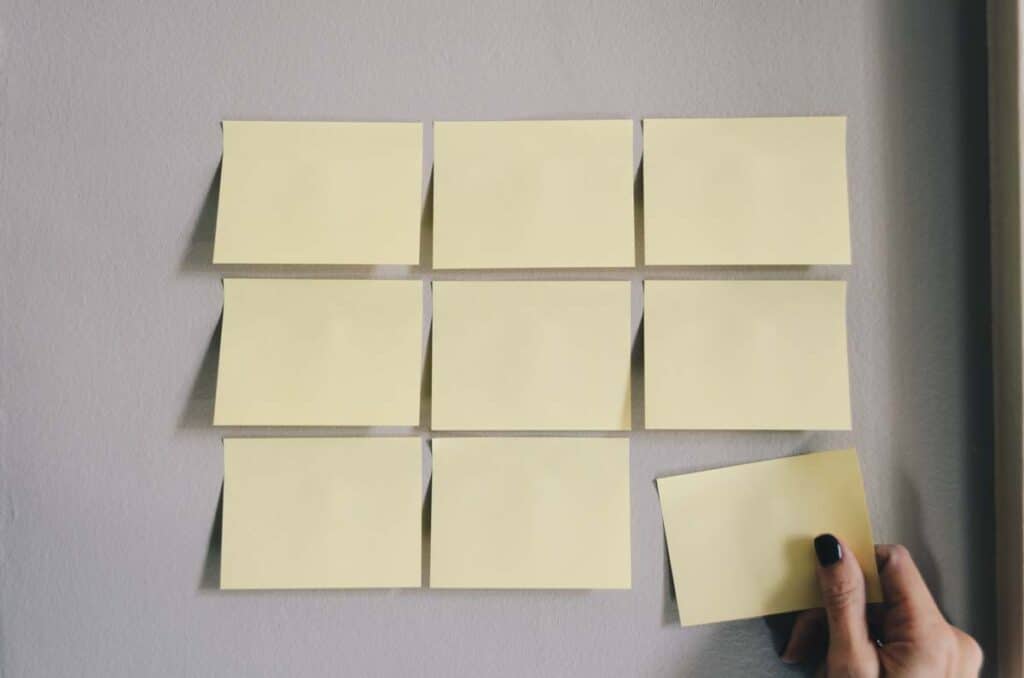Whether it’s alcohol or drugs, the road to recovery from addiction can be an arduous and difficult journey. Battling with powerful inner demons, trying new strategies for relapse prevention, and coping with not only physical but mental changes – the process is far from easy.
But there are some essential steps that will help those struggling on their path to recovery and lasting achievement. In this blog post, we explore how best to restore your life after addiction using practical guidance for personal advancement.
Understanding Addiction and Recovery
Addiction is a complex and serious issue that affects not only the individuals who struggle with it but also those around them. Understanding addiction and recovery is crucial for anyone who wants to help themselves or their loved ones overcome its grasp. Recovery is possible, but it requires hard work and dedication.
It is not simply a matter of willpower, but rather a process that involves addressing underlying root causes and changing behaviors. Through therapy, support groups, and healthy lifestyle choices, we can build a foundation for a successful recovery from addiction. It takes courage and commitment to embark on this journey, but the rewards are immeasurable. With the right tools and a strong support system, we can all overcome addiction and regain control of our lives.
Identifying Your Triggers and Learning to Avoid Them

We all have triggers that can set us off, whether it’s a certain person, situation, or event. The 3 steps to manage triggers are:
Understand your addiction
The first step in identifying your triggers is to understand your addiction. What are the things that led you to develop an addiction in the first place? What are the things that keep you addicted? Once you have a good understanding of your addiction, you will be better able to identify your triggers.
Identify your triggers
After you have a good understanding of your addiction, start to pay attention to the things that trigger your addictive behaviors. These triggers can be internal (such as stress or anxiety) or external (such as seeing drug paraphernalia). Keep a journal of your triggers so that you can start to identify patterns.
Avoid or manage your triggers
Once you have identified your triggers, you can start to work on avoiding or managing them. If you have an external trigger, such as seeing drug paraphernalia, you may need to avoid places where you are likely to see it. If you have an internal trigger, such as stress or anxiety, you may need to find healthy coping mechanisms, such as exercise or meditation, to help you deal with it.
It’s important to remember that understanding our triggers is a process, and it won’t happen overnight. It takes patience, self-reflection, and a willingness to dive deep into our own emotions. But once we master this skill, we’ll have the power to navigate our lives with more confidence and ease.
Re-establishing Healthy Relationships
Whether it’s a romantic partner, a family member, or a friend, repairing a relationship can lead to a sense of fulfillment and closeness that is hard to find elsewhere. It’s important to recognize that the process won’t be easy or quick and that both parties will need to commit to making changes and working together.
But by addressing past issues, setting new boundaries, and communicating openly, it’s possible to build a stronger, healthier relationship. It may not always be smooth sailing, but the rewards of reconnecting with the people we care about most make the journey more than worth it.
Making Self-Care a Priority
It’s no secret that taking care of our bodies and minds is crucial to our overall well-being. However, in today’s fast-paced and demanding world, self-care often falls to the bottom of our to-do lists. Making self-care a priority isn’t always easy, especially when we have work deadlines, family obligations, and other responsibilities.
It is essential to carve out time for ourselves to recharge and renew. Whether it’s taking a yoga class, enjoying a bubble bath, or simply meditating, self-care practices can help us feel more centered and balanced. By prioritizing self-care, we not only improve our health and happiness but also become better equipped to handle life’s challenges with grace and resilience.
So, let’s make a commitment to prioritize self-care, even when it feels like we don’t have enough time. Our bodies and minds will thank us for it.
Developing a Support System of Friends and Family Members

In life, we all face difficult situations that make us feel overwhelmed and isolated. Having someone to rely on during such times can make a huge difference and help us navigate through the tough times. It’s important to surround ourselves with people who uplift us, encourage us, and support us.
These people can be our cheerleaders, sounding boards, and confidantes. They are the ones who make us feel valued and loved no matter what, and help us to see the light at the end of the tunnel. Building and maintaining a relationship with these individuals requires effort, but the rewards are priceless. When we have a strong support system, we can face any challenge that comes our way with confidence and resilience.
Utilizing aftercare in addiction recovery
Addiction recovery can be a long and difficult journey, but it’s important to remember that it doesn’t end with leaving a treatment program. Utilizing aftercare resources can be crucial in maintaining sobriety and avoiding slips or relapses. Aftercare can take on many forms such as:
Outpatient Treatment Programs
Outpatient treatment programs are one type of aftercare program that can be used in addiction recovery. These programs typically involve meeting with a therapist or counselor on a weekly basis to discuss progress and challenges in recovery. Outpatient treatment programs can be helpful for people who have completed a more intensive treatment program, such as inpatient rehab and are looking for continued support.
Sober Living Homes
Sober living homes are another type of aftercare program that can be used in addiction recovery. These homes provide a safe and structured environment for people in early recovery. Residents of sober living homes are typically required to follow certain rules, such as abstaining from drugs and alcohol, attending regular meetings, and completing chores. Sober living homes can be a helpful step down from more intensive treatment programs, such as inpatient rehab, and can help people transition back into everyday life.
12-Step Programs
12-step programs, such as Alcoholics Anonymous (AA) and Narcotics Anonymous (NA), are another type of aftercare program that can be used in addiction recovery. These programs provide support and fellowship for people in recovery through regular meetings and group activities. 12-step programs also emphasize the importance of admitting powerlessness over addiction, finding a higher power, and taking steps to improve one’s life.
Therapeutic Communities
Therapeutic communities (TCs) are another type of aftercare program that can be used in addiction recovery. TCs are long-term residential treatment programs that focus on helping people develop new skills and behaviors to support sobriety. TCs typically last 6 to 12 months, and residents are required to participate in all aspects of the community, including work, education, and therapy.
The key is to find the resources that work best for the individual and their unique needs. Making the commitment to continued aftercare can not only help prevent a return to substance abuse but can also provide a supportive community and a source of accountability for continued growth and progress in recovery.
Enhancing Cognitive Function through Diet, Exercise, and Meditation
In today’s fast-paced world, it’s common to feel overwhelmed and burnt out. Enhancing cognitive function through diet, exercise, and meditation may seem like a daunting task, but the benefits are immense. A healthy diet rich in nutrient-dense foods can improve brain function and delay cognitive decline.
Exercise, specifically aerobic exercise, has been shown to improve memory and brain function by increasing blood flow and oxygen to the brain. Lastly, the practice of meditation has been linked to reduced stress and anxiety levels, which can lead to improved cognitive function. By incorporating these simple lifestyle changes into your daily routine, you can improve your brain function and overall well-being.
Contact Grand Falls Center for Recovery Today
It’s possible to relapse after recovery, so the efforts made to stay sober are as important as the initial steps in seeking recovery. No one should have to face addiction alone and nobody needs to feel powerless or helpless in its wake.
Grand Falls Center for Recovery offers a variety of services for anyone struggling with addiction, from outpatient therapy and group meetings to residential treatment programs – tailor-made for each individual – that provide stability and security as individuals grow on their paths toward lasting achievement post-addiction.
Don’t hesitate any longer: contact us today at Grand Falls Center for Recovery for more information on how we can help you restore your life.

